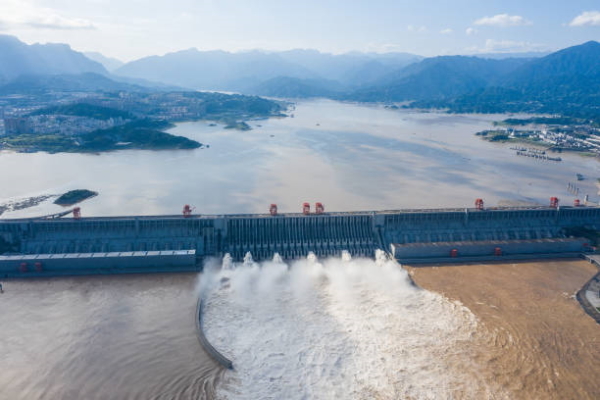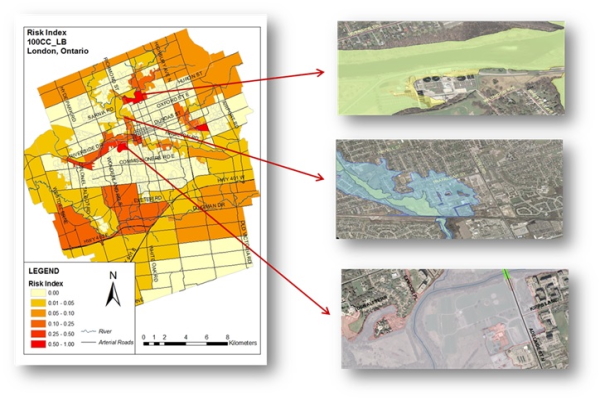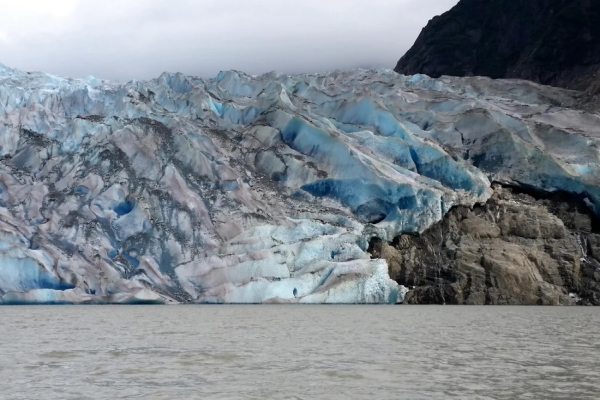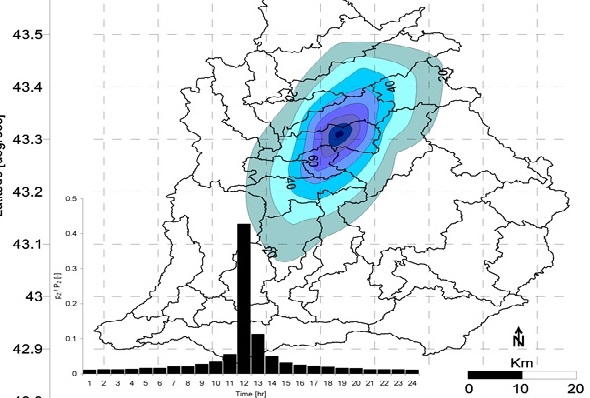Resources by area of interest
From this page, you can access my publications (research and consulting), lectures and tools developed for use by research and consulting communities. You can search the available resources by area of interest or by occupation. Click on the title to obtain full reference and source. Some documents are open access, some are available for download and some you can obtain by direct request to me.
Water resources management
Global change, resulting from population growth and migrations, global warming, and land use change (especially rapid urbanization), directly affects the complexity of water resources management problems and the uncertainty they are exposed to. Water resources management has evolved in the direction of increasing temporal and spatial scales – from small catchments over large river basins to global systems, from storm events over seasonal cycles to climatic trends. These changes, and the increase in the complexity of the water resources systems being handled, have led to a requirement for a fundamentally different approach. Systems approach (including systems thinking; systems analysis; and systems engineering) based on simulation, optimization, and multi-objective analyses, in deterministic, stochastic and fuzzy forms, demonstrated in last half of the century, a great success in supporting effective water resources management. Today, more than ever, we need appropriate approaches that can assist in dealing with the challenges introduced by the increase in the complexity of water resource problems and associated uncertainty, consideration of environmental impacts, and the implementation of principles of sustainability.

Natural disasters management - floods
My contributions to the management of natural disasters are in the area of flooding. Floods are the most frequent type and among the most deadly natural disasters. Climate change and global warming of the atmosphere are very likely to lead to an increase in flooding, and there is now an urgent need for appropriate tools to tackle the complexity of flood risk management problems and environmental impacts. I see the flood risk management process as a framework for identifying, assessing, and prioritizing climate-related risks and developing appropriate adaptation responses to increase resilience. That process integrates economic, social, and environmental flood concerns, providing support for interdisciplinary activities involved in managing flood disasters.
Decision support systems
Development of Decision Support Systems (DSS) is closely related to computers. The computer has moved out of data processing, through the user’s office into knowledge processing becoming a “silent partner” for more effective decision-making in a decision support system environment. The main factor responsible for involving computers in decision-making is treatment of information as the sixth resource (besides people, machines, money, materials, and management). In the field of water resources a very general definition of DSS is: computer-based tools having interactive, graphical, and modeling characteristics to address specific problems and assist individuals in their study and search for a solution to their management problems and support decision-makers in solving problems that are poorly or insufficiently structured.

Risk and resilience
There are practical links between risk management, climate change adaptation and sustainable development in the field of water resources, leading to reduction of risk and re-enforcing resilience as a new development paradigm. Compared to risk, resilience is viewed as a more proactive and positive expression of community engagement with consequences of uncertainty. My work reveals links between attributes of resilience and the capacity of complex systems to absorb disturbance while still being able to maintain a certain level of functioning. It is clear that the problems associated with sustainable human wellbeing call for a paradigm shift. The use of resilience as an appropriate matrix for investigation arises from the integral consideration of overlap between: (a) physical environment (built and natural); (b) social dynamics; (c) metabolic flows; and (d) governance networks. My work provides an original systems framework for the quantification of resilience. The framework is based on the definition of resilience as the ability of physical and social systems to absorb disturbance while still being able to continue functioning. The disturbance's spatial and temporal characteristics depend on the direct interaction between impacts of disturbance (social, health, economic, and other) and the system's adaptive capacity to absorb disturbance.

Climate change
The potential impacts of climate change on hydrological extremes have received my considerable attention during the last three decades. Many studies show that global warming is increasing the frequency and magnitude of extreme hydrological events. According to IPCC, flood magnitude and frequency are on the increase in most regions, and low flows are decreasing in many areas of the world. Climate change is also altering the timing of extreme runoff. Changes in the frequency of hydro-climatic extremes is one of the most significant consequences of climate change that my work is addressing.

Hydrology
My work is in surface hydrology with less emphasis on a physical investigation of the physical processes and more attention to practical applications. I am linking hydrological sciences and water resources systems management. In my work, operational aspects of hydrology are addressed under changing conditions (especially under climate change) to increase resilience.
